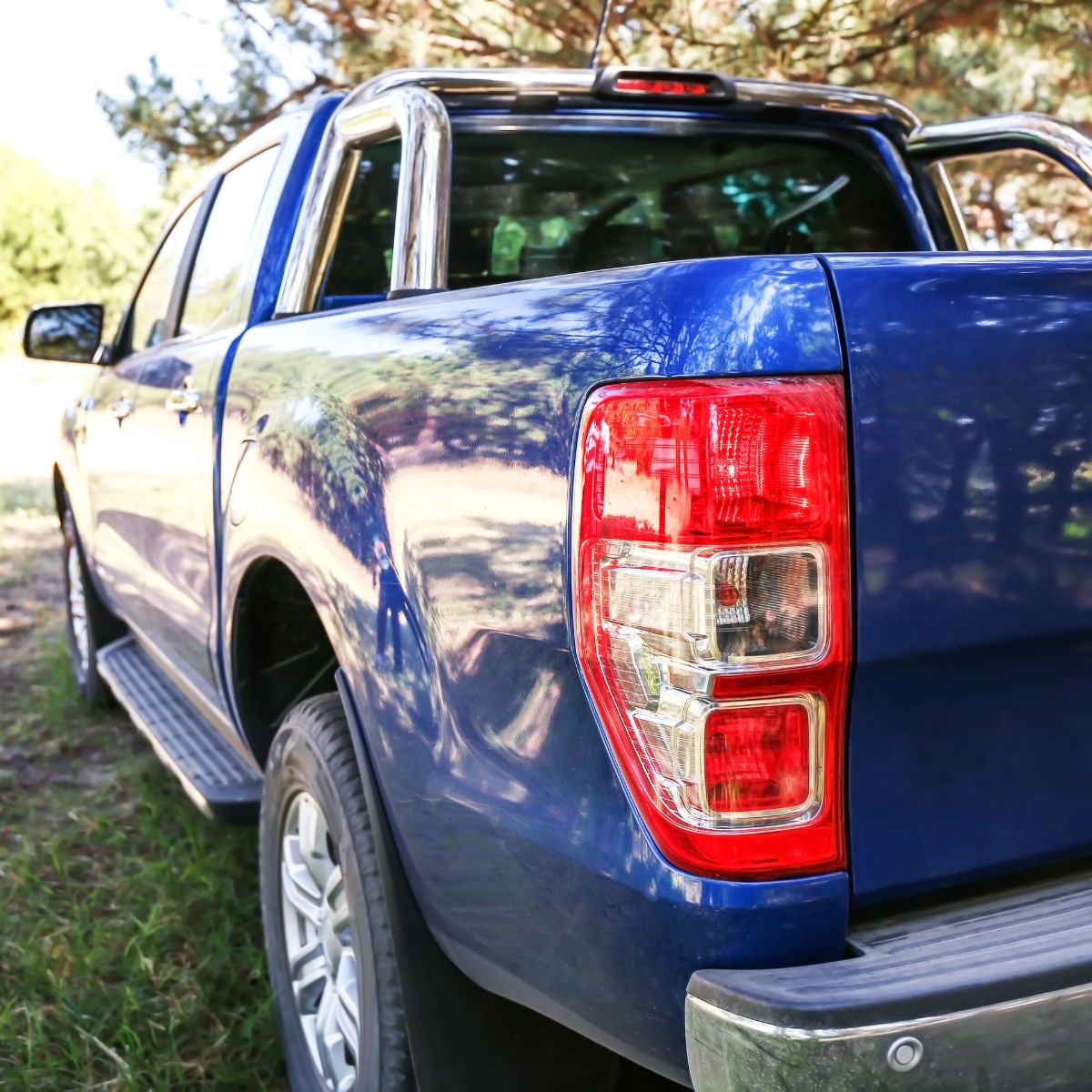Important Changes to Tax on Double Cab Pickups
The New April 2025 classifications are important if you are a business owner who is considering buying a double cab pickup. We are here to help you understand the new tax classifications and the longer-term impact of your decision.
This information is essential when considering benefit in kind implications as well as understanding how this differs to the Vat classifications. More than ever, it has become critical to consider all your vehicle options and speaking to your trusted accountant who can take your individual circumstances and business objectives into consideration, before making this costly investment decision.
Here is what we would like you to know.
Why is this Happening?
There has been a long debate on if these types of vehicles and if double cap pickups should be considered as cars or vans for business expenses and particularly on the distinction of primary suitability.
This debate has its origins in a long running case involving Coca-Cola, their crew cab vehicle expenses were in a debate because the vehicles which resemble cars are convenient for both personal and business and the larger impact on the environment of the emissions. Which can also apply to double cab pickups.
Why is this important?
HMRC have decided that double cab pickups will no longer be classified by payload as before and that Primary suitability has now become the deciding factor.
What is Primary suitability?
- If a vehicle is primarily suitable for carrying passengers, or has no clear primary use, it will be treated as a car for tax purposes.
The expectation is that majority of double cab pickups will now fall into this category.
What is a Double Cap Pickup according to HMRC?
The HMRC statement is a vehicle that:
- Has a row of seats behind the driver and is capable of seating in the region of four passengers in addition to the driver.
- four doors which can be opened independently.
- an uncovered pickup area behind the passenger cab.
How does this impact you and your business?
Benefit in Kind
The set flat rate will change and instead the car BIK rate will apply, which can vary between 2% and 37% based on the vehicle’s CO2 emissions.
Capital Allowances
Capital Allowances purposes and will move to the company car rates. Double cab had a previous classification as ‘plant and machinery.’
An example according to Auto Express:
Take the Ford Ranger: most models in the range have a P11D value upwards of £40,000, you’re now looking at Benefit-in-Kind figures of £15,000 or more, which means a bill for a 20% taxpayer of at least £3,000, or £6,000 for a higher-rate taxpayer. Numbers only go up from there – £50k’s worth of Ranger would be taxed at around £3,700 or £7,400, respectively.
I have a double cab already, what is going to happen to me?
Transitional rules for existing owners:
Transitional agreements are in place for employers that have purchased, leased, or ordered a double cab pickup before 6 April 2025. So, if you did buy before April they will keep their commercial vehicle classification until the earliest date between disposal, lease expiry or 6th April 2029.
Can I still claim vat if I buy a double cab pickup after April 2025?
Interestingly the ‘payload test’ does still apply for VAT purposes. Despite being treated as a car for most tax purposes, business owners can still claim back the VAT on eligible new double cab pickups.
Long-term impact on your decision:
There is more involved in a decision about your purchase of a commercial vehicle, arrange a conversation with us and we can give you the guidance you need on the right decision for you and your business. We want to help you make the right choices now with the longer-term outcome in the picture.
Still unsure, why not give us a call.
